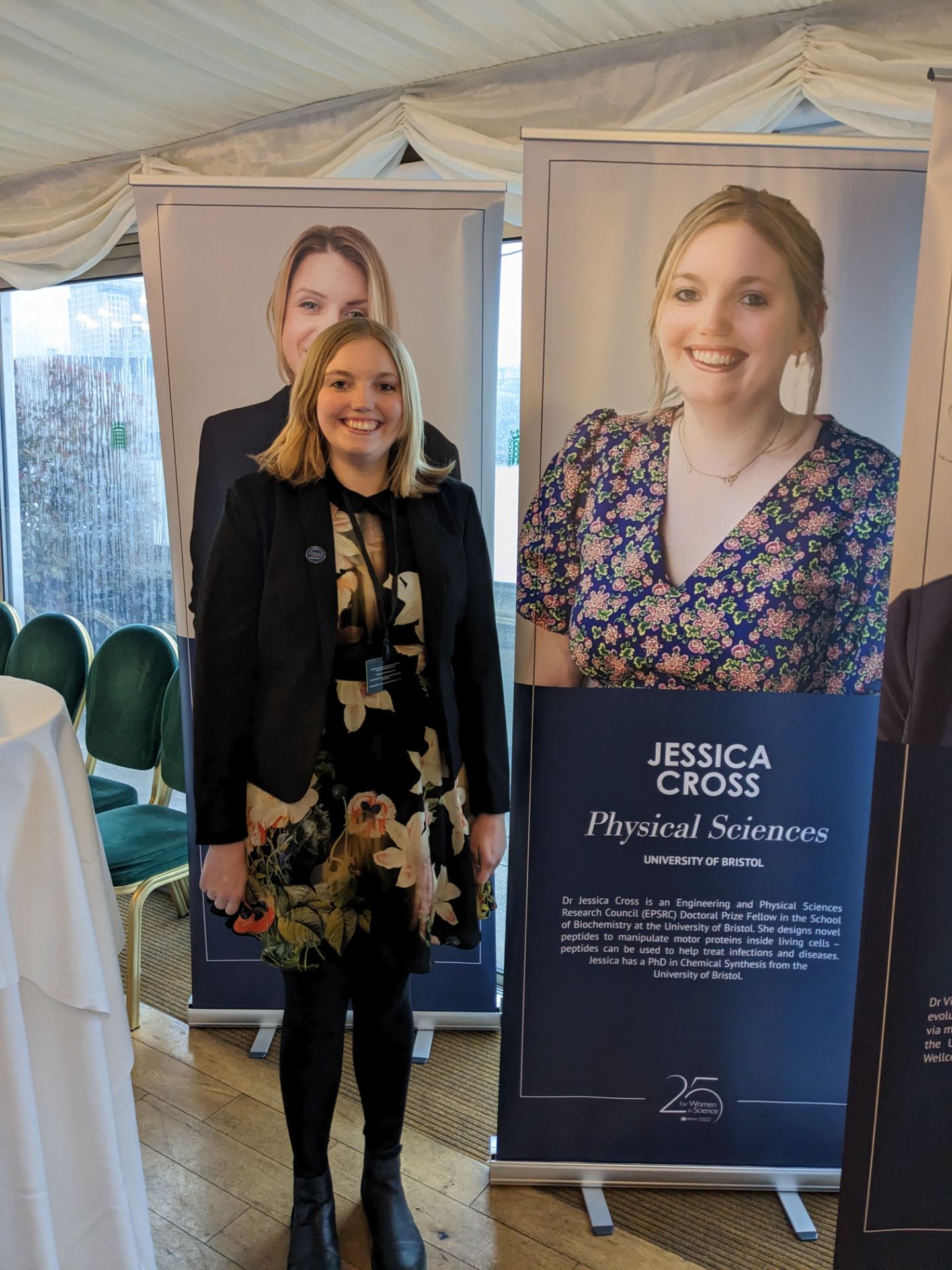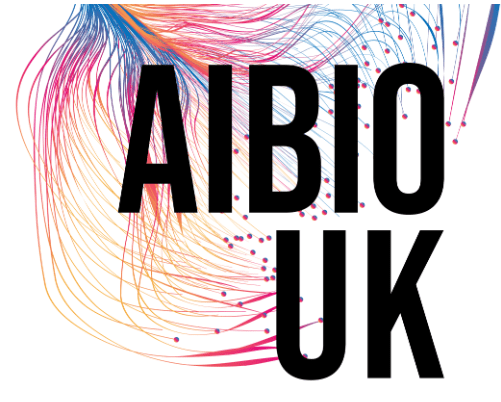 Bringing artificial intelligence (AI) and biosciences together to tackle major societal challenges is the aim of a new five-year £1.6m project involving the University of Bristol and several other UK universities.
Bringing artificial intelligence (AI) and biosciences together to tackle major societal challenges is the aim of a new five-year £1.6m project involving the University of Bristol and several other UK universities.
The Artificial Intelligence in the Biosciences (AIBIO-UK) network will aim to connect leading AI and core bioscience researchers to unravel biological fundamentals. The ultimate aim of this network is to enhance AI capabilities within the biosciences and be the central point for resources at the interface between AI and the biosciences, placing a strong emphasis on responsible research and innovation and the ethics of AI.
Funded by the Biotechnology and Biological Sciences Research Council (BBSRC), part of UK Research and Innovation, AIBIO-UK will provide bio-scientists with practical skills and knowledge in AI to benefit their research, while equipping AI researchers with knowledge of the main challenges facing the biosciences. AIBIO-UK will develop new interdisciplinary ways of working via pilot project funding, and develop Grand Challenges of AI in bioscience.
It aims to:
- Create a stronger community profile for AI in the biosciences in the UK
- Facilitate networking, knowledge exchange and the formation of new collaborations
- Support greater awareness, education and training relating to AI within the bioscience community
Dr Lucia Marucci from the School of Engineering Mathematics and Technology, and Co-Director of the Bristol BioDesign Institute, is leading Bristol’s contribution to this project. She said: “AI systems are used in wide-ranging applications, from self-driving cars to language translation.
“Recent AI applications to the biosciences have been promising but efforts have been sparse and uncoordinated, and limited to groups or companies with specific expertise.
“The network vision is to bring together AI and core bioscience researchers to address huge societal challenges we face.”
The network, led by the University of Nottingham, includes University of Bristol, Quadram Institute Bioscience, the University of Manchester, University of Aberdeen, King’s College London and Aberystwyth University.
The management team is planning a series of community-created events over the next five years to help raise awareness across the UK biosciences community of exciting, cutting-edge AI development, the opportunities it presents for research collaboration, as well as its challenges.
A launch event will be held on 11 January next year in Birmingham.
(This news story was originally published by the University of Bristol)


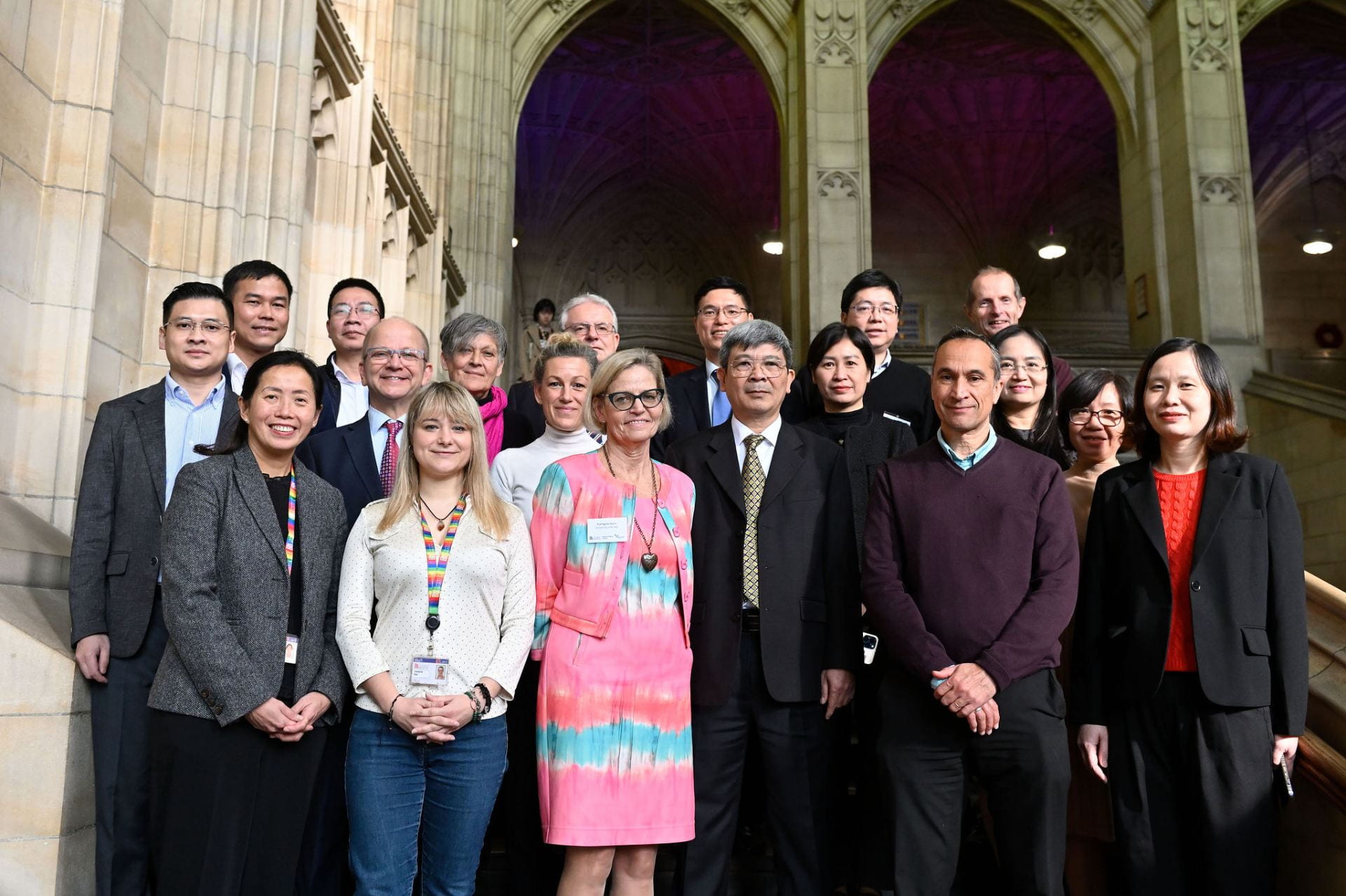
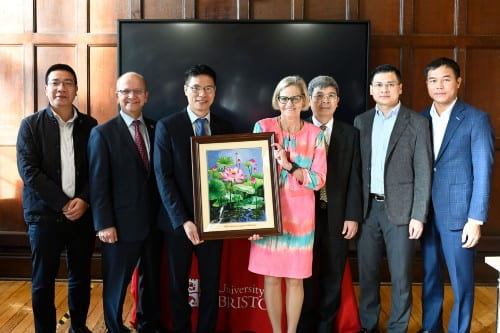 Vice Chancellor (Global Engagement) at the University of Bristol said: “As a university, we are committed to building research partnerships that help make a positive health impact on populations around the world, of which this initiative is set to do. We are delighted by this new funding for the Vaccine Hub which will see our efforts continue in fighting infectious diseases that have the potential to affect us all.”
Vice Chancellor (Global Engagement) at the University of Bristol said: “As a university, we are committed to building research partnerships that help make a positive health impact on populations around the world, of which this initiative is set to do. We are delighted by this new funding for the Vaccine Hub which will see our efforts continue in fighting infectious diseases that have the potential to affect us all.”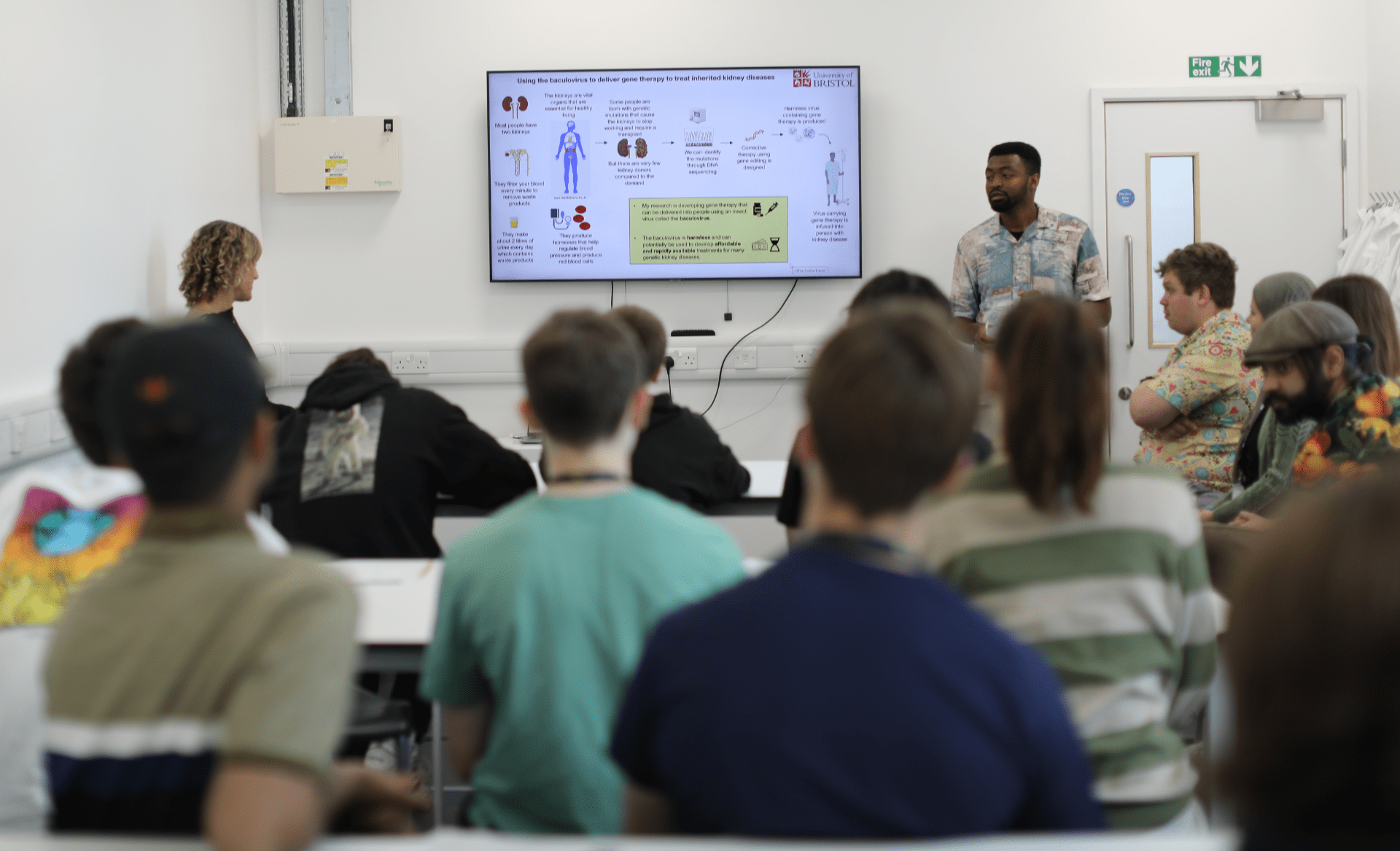

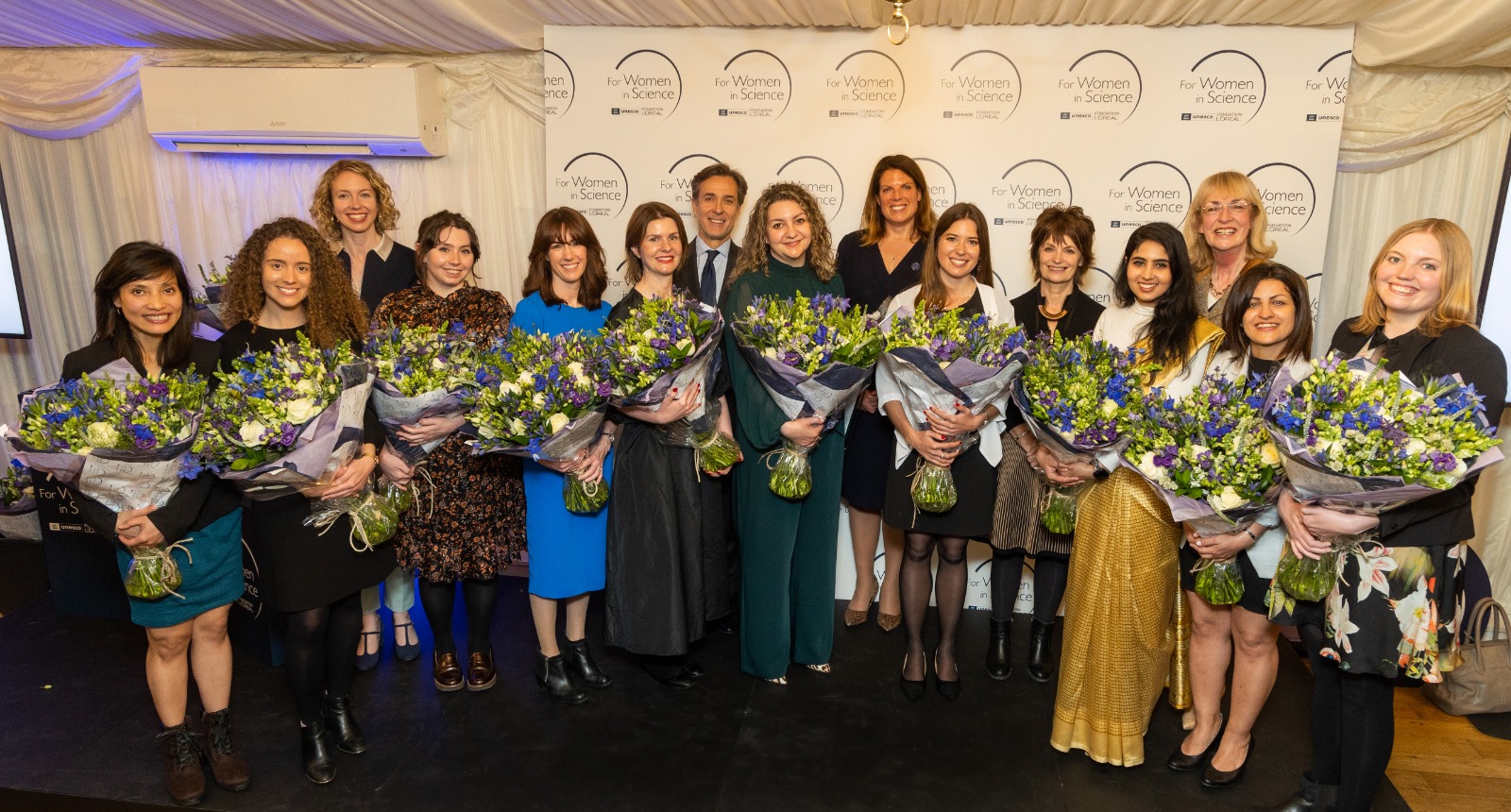 Congratulations to
Congratulations to 